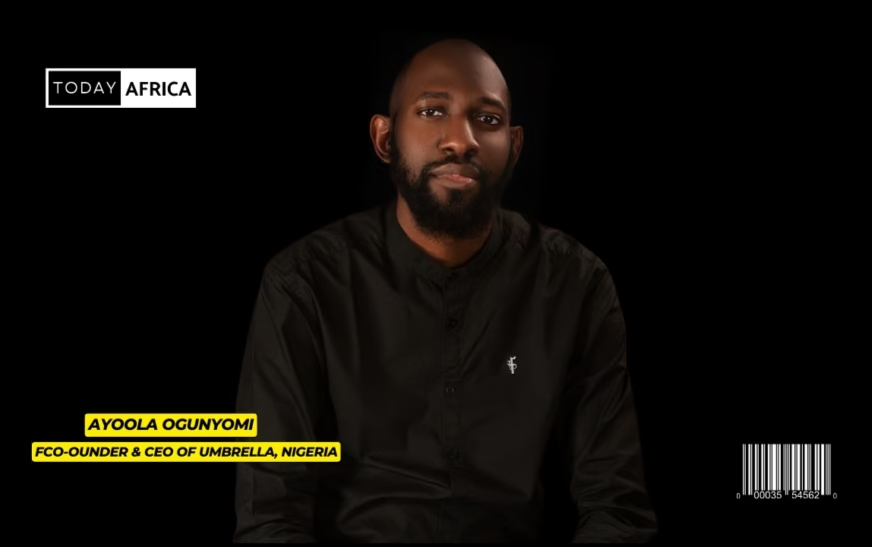Starlink suspends service in South Africa for users who accessed its broadband through international roaming plans.
The move follows a clampdown by the Independent Communications Authority of South Africa (ICASA), which has intensified its enforcement against unauthorised use, ordering distributors like ICASAsePush to halt operations and warning users that accessing the service without a licence is illegal.
For over two years, some South Africans have relied on Starlink’s Roam Unlimited and Global Roaming packages as a workaround to the absence of official local support.
Over the past weekend, however, users received notifications that their connections had been terminated because South Africa is not an approved territory for Starlink. The company instructed affected customers to either cancel their service or use it in a country where Starlink is officially licenced.
Despite the move to halt its services, to formally enter the South African market, Starlink still needs to engage proactively with ICASA to secure a local licence and comply with whatever empowerment framework is adopted. However, recent regulatory changes hint that the situation could shift.
Communications Minister Solly Malatsi mandated ICASA to investigate the issuance of new individual electronic communications network services (I-ECNS) licences, potentially ending a 15-year licensing freeze that has stalled market entry for new players like Starlink.
Read Also: Kenya to scrap tax breaks on employee stock ownership plans in 2025 Finance Bill
ICASA has six months to complete its review, assessing whether new licenses could enhance competition, expand connectivity, and balance regulatory concerns.
When the investigation is completed, Starlink stands to benefit from getting a license even though the timelines are uncertain, and delays beyond six months are possible.
The Black empowerment regulation, which has long been a barrier to Starlink’s entry into South Africa, now shows promise for reform.
A draft policy directive issued by Malatsi in May suggests that foreign companies like Starlink could meet empowerment requirements through equity equivalent investment programs instead of direct ownership.
Some experts argue that the timing of the policy release is particularly controversial due to broader political dynamics between the U.S. and South Africa.
“The entry of Starlink to be direct is very controversial since the SA/USA dilemma, it seemed to be undermining the ICT working protocol when looking at it at a birdview politics,” said Noah Fakude, power systems and energy analyst at City of Tshwane.
Noma-Gcina Mtshontshi, the director of Mtshontshi Attorneys Inc., noted that the Black empowerment law allows multinational companies to fulfill their empowerment obligations through Equity Equivalent contributions rather than direct shareholding.
These contributions can take the form of investments in public programs approved by the government, such as skills development and infrastructure projects.
She agrees with Malatsi that this framework has long existed as an alternative to traditional ownership and has been successfully used by companies like IBM, Amazon, and Microsoft, meaning foreign firms like SpaceX can gain equity points by investing in initiatives that benefit black South Africans instead of selling shares.
Fakude noted that “the international ICT companies in South Africa are compliant, and more especially with ICASA. If a company like Starlink is not even recognised by our trusted structures, then I would take that as undermining the Sovereignty.”
However, while the Equity Equivalent approach would work for Starlink, Mtshontsi noted that South Africa’s telecommunications law still “requires any applicant for an electronic communications license to have a minimum of 30% ownership from a historically disadvantaged group.
That is, even if Starlink complies via equity equivalent on the Black empowerment Act side, they would still be required to comply in terms of the Telecommunications Act.”
“Allowing Starlink to bypass the processes coming through the back door and then later endorse it will set a very bad precedent,” said Fakude.
For Starlink, the path to its entry in South Africa hangs on how ICASA and policymakers finalise regulations. While there is a ray of hope for Starlink’s entry, the suspension of its services is a blow to users who depended on its reliable, high-speed internet, especially in areas where the network is unreliable.
“Starlink is the kind of technology that will accelerate inclusion in poor communities where LTE and 4G/5G internet infrastructure is lacking,” Fakude said. “However, every technology must take into cognisance the sociopolitical aspect of every country, not to seem undermining the sovereignty of a country.”
Comment and follow us on social media for more tips:
- Facebook: Today Africa
- Instagram: Today Africa
- Twitter: Today Africa
- LinkedIn: Today Africa
- YouTube: Today Africa Studio
















